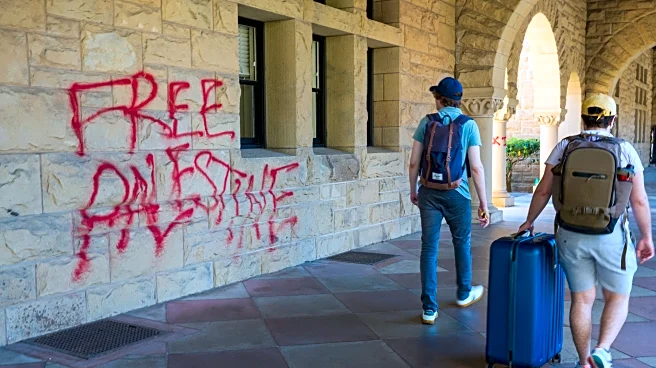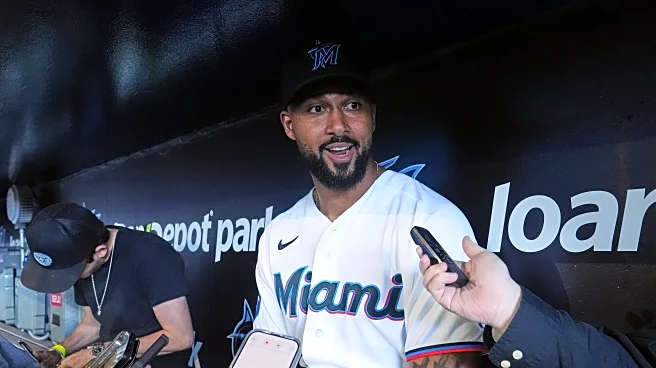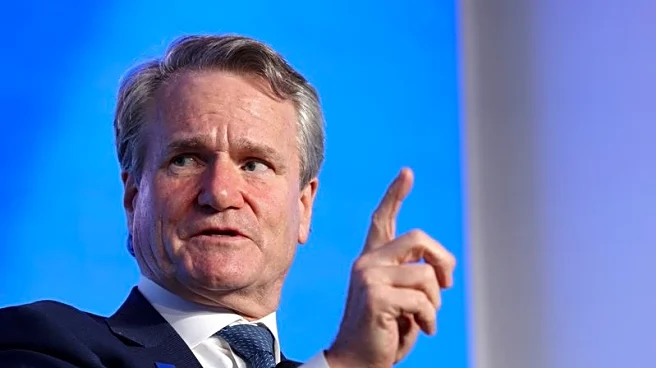What's Happening?
The Department of Foreign Affairs and Trade (DFAT) and the Insurance Council of Australia (ICA) have issued a warning to young Australian travelers about the risks associated with adventurous travel without adequate insurance. Research conducted by these
organizations highlights that Australians under 30 are more likely to engage in risky travel behaviors and often neglect essential travel advice. The study found that 23% of young travelers went overseas without any travel insurance, and a significant number engaged in risky behaviors such as consuming alcohol from unfamiliar sources. Despite awareness of the Smartraveller website, which provides travel advice, only 37% of young travelers reviewed destination-specific advice before their last trip. The research also revealed that many young travelers are unaware that traveling to high-risk destinations may void their travel insurance coverage.
Why It's Important?
This warning is significant as it underscores the potential dangers and financial risks young travelers face when they neglect travel insurance and safety advice. The findings suggest a gap in awareness and preparedness among young Australians, which could lead to severe consequences in case of emergencies abroad. The trend of seeking thrilling experiences without proper precautions could result in increased incidents of injury or financial loss. The emphasis on the influence of social media and travel influencers in promoting risky destinations highlights a cultural shift towards valuing experiences over safety, which could have long-term implications for travel behavior and industry standards.
What's Next?
DFAT and ICA are likely to continue their efforts to raise awareness about the importance of travel insurance and adherence to travel advisories. This may involve targeted campaigns aimed at young travelers, emphasizing the risks of uninsured travel and the benefits of consulting resources like Smartraveller. The travel industry might also see increased collaboration with insurance providers to offer more accessible and appealing insurance options for young travelers. Additionally, there could be a push for greater accountability among social media influencers who promote risky travel destinations.
Beyond the Headlines
The findings raise ethical questions about the role of social media in shaping travel behaviors and the responsibility of influencers in promoting safe travel practices. There is also a cultural dimension to consider, as the desire for unique experiences may be driving young travelers to prioritize adventure over safety. This trend could lead to a reevaluation of how travel is marketed and the importance of balancing thrill-seeking with responsible travel planning.

















